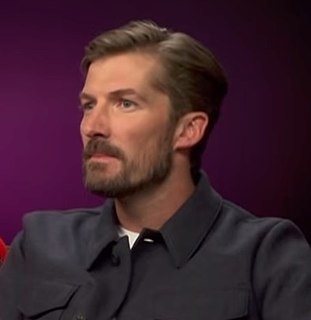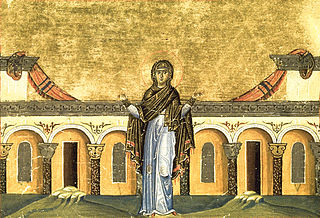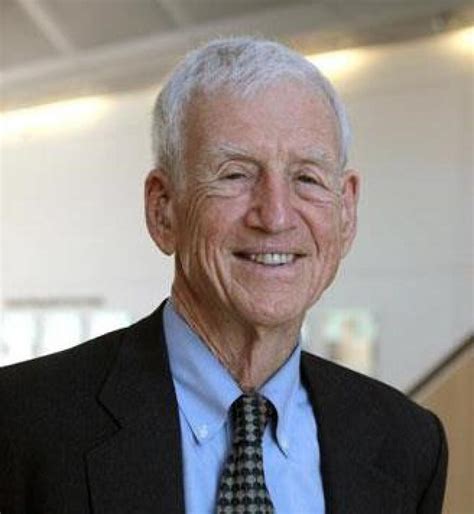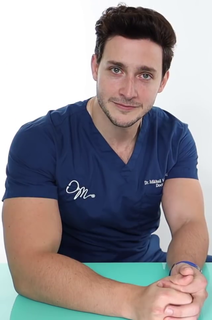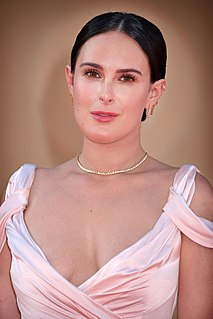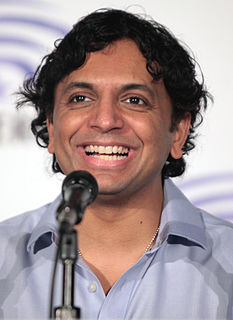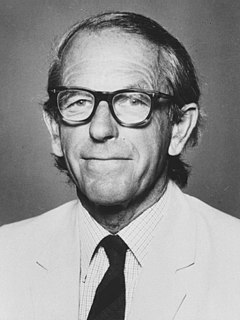A Quote by Lois Lowry
I've always been interested in medicine and was pleased when my brother became a doctor. But after thinking seriously about that field, I realized that what intrigued me was not the science, not the chemistry or biology of medicine, but the narrative - the story of each patient, each illness.
Related Quotes
I was a writer first, and knew I'd be a storyteller at age seven. But since my parents are very practical, they urged me to go into a profession that would be far more secure so I went to medical school. But after practicing medicine for a few years, while raising two sons (with a husband who was also a doctor) I realized that combining medicine with motherhood was more of a challenge than I could handle. So I left medicine and stayed home. And that's when I once again picked up the pen and began to write.
It is time for the scientific community to stop giving alternative medicine a free ride There cannot be two kinds of medicine — conventional and alternative. There is only medicine that has been adequately tested and medicine that has not, medicine that works and medicine that may or may not work. Once a treatment has been tested rigorously, it no longer matters whether it was considered alternative at the outset. If it is found to be reasonably safe and effective, it will be accepted.
Originally, I was in high school, and I was studying biology, and I got really interested in the field of medicine. And then, I got a lot of early exposure to it because my father's a physician, and I saw the relationship that he had with his patients, and it was something that drew my attention to how wonderful the field was.
Medicine in its present state is, it seems to me, by now completely discovered, insofar as it teaches in each instance the particular details and the correct measures. For anyone who has an understanding of medicine in this way depends very little upon good luck, but is able to do good with or without luck. For the whole of medicine has been established, and the excellent principles discovered in it clearly have very little need of good luck.
I grew up in Muenchen where my father has been a professor for pharmaceutic chemistry at the university. He had studied chemistry and medicine, having been a research student in Leipzig with Wilhelm Ostwald, the Nobel Laureate 1909. So I became familiar with the life of a scientist in a chemical laboratory quite early.
As a child, I probably knew phrases that other children didn't known, like "pitocin drip" or "myocardial infarction." Some kind of knowledge was always in the air. My parents would always talk about science at the dinner table, saying something about this patient or some other patient. So I guess for a nanosecond in early high school, I thought about going into medicine.

